Is it Safe to Travel to Iran in 2024?
Iran’s travel safety has been overshadowed by its less-than-favorable global image, stemming from strained diplomatic relations with countries like the U.S. and the U.K., coupled with questionable decisions made by its government. Misguided perceptions fueled by Western media propaganda deter potential tourists from considering Iran as a destination. However, upon experiencing a month in the country, travelers aimed to address the overarching question: Is Iran safe for tourists? In 2024, while Iran’s rich history, diverse landscapes, and unique culture continue to captivate travelers, safety concerns persist in the ever-evolving world of global travel.
Iran Tourism Condition in 2024: A Snapshot
For Iran travel safety in 2024, it’s vital to comprehend the complex landscape the country presents. Total arrivals are projected to expand by 21.8% year-on-year, reaching an estimated 4.8 million visitors, equivalent to 90.6% of the 2019 level. This marks the second consecutive year of growth, following an 11.6% increase in 2022 to 4.0 million. To ensure a secure journey, understanding the geopolitical climate, keeping an eye on travel advisories, and staying informed about local conditions are essential.
Travel Advisory for Iran in 2024
When it comes to Iran travel safety in 2024, it’s essential to stay well-informed. Travel advisories are your valuable resource, offering insights into the safety of your chosen destination. These advisories provide guidance for your travel decisions, ensuring you make informed choices. Be sure to review the government’s travel recommendations, guaranteeing your compliance with official guidance, and a secure journey ahead.
Health and Safety Guidelines
To ensure Iran travel safety, it’s crucial to familiarize yourself with the country’s health and safety guidelines, which cater to both residents and visitors. These comprehensive measures address health concerns, providing essential recommendations to guarantee a secure and enjoyable trip. Furthermore, it’s vital to acquire knowledge about necessary vaccinations and medical preparations before traveling to Iran, ensuring a worry-free experience. Currently, Iran does not have any specific infectious diseases, but for those planning to explore remote areas in line with international standards, obtaining required vaccinations prior to the journey is advisable. If you have specific medications, it’s wise to consult with your tour operator before departure and ensure you have them on hand if needed.
Read More:
Iran Safety for Tourists: Iranian Culture and Religion Insights
Iran is absolutely safe to travel. Iran travel safety is deeply rooted in the culture’s warmth and hospitality. Learning about local customs and traditions enhances your travel experience and fosters positive interactions with the people. In Iran, a unique aspect of the culture lies in the high regard for guests, considering tourists as valued guests. While no destination is without its share of potential risks, the prevailing attitude towards visitors contributes to the overall safety for tourists in Iran. Like in any other nation, crimes can occur, but this cultural emphasis on hospitality plays a significant role in ensuring a welcoming and secure environment for travelers.
Accommodations Safety in Iran
Choosing the right place to stay during your travels is crucial. Iran offers a variety of accommodations, from luxurious hotels to cozy guesthouses, ensuring a comfortable and secure stay.
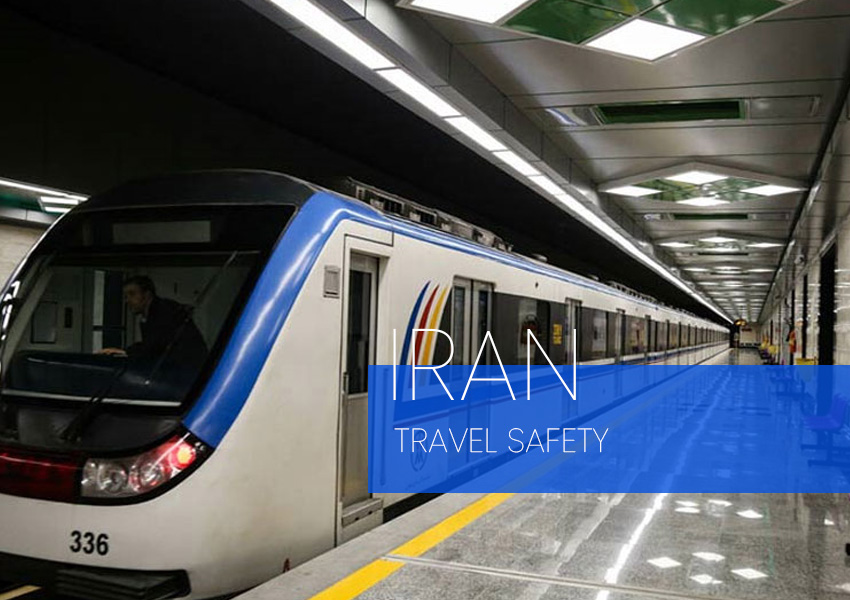
Are taxis and buses safe in Iran?
Regarding Iran travel safety, navigating a new country can be a concern for many travelers. However, Iran offers a range of transportation options, including buses, trains, and domestic flights, ensuring you can explore the nation safely. Buses are the preferred choice for locals, and two types are available: budget and VIP. Opting for the VIP buses, which cost only 20-30% more, is a safer choice. These buses are newer and larger, providing a more secure travel experience.
In general, taxis and buses in Iran are safe and reliable modes of transportation. The Iranian government imposes strict safety standards on all public transportation, and transportation companies must adhere to these guidelines.
Nevertheless, exercising caution while traveling by taxi or bus in Iran is essential, as it is in any country. Here are some safety recommendations to bear in mind:
Opt for reputable transportation companies: Seek out well-established taxi and bus companies with a strong safety track record.
Use official taxi services: Official taxis are equipped with meters and are government-licensed. In contrast, unofficial or “pirate taxis” can pose risks.
Stay vigilant about your surroundings: Keep an eye on your belongings and avoid displaying valuable items like jewelry or electronics.
Traveling Solo or in a Group: Is Iran safe to travel alone in 2024?
Yes, Traveling alone in Iran can be safe, but it’s essential to take certain precautions and be well-informed. Iran is generally a welcoming country with a rich cultural heritage, but like anywhere else, it’s important to exercise caution and follow some guidelines:
Research and Plan: Before your trip, research the areas you plan to visit, local customs, and any travel advisories. Having a well-thought-out itinerary can enhance your safety.
Respect Local Customs: Iran has a unique cultural and religious context. It’s crucial to respect local customs, dress modestly, and be mindful of your behavior.
Stay Informed: Keep up with the latest news and any developments that might affect your travel plans.
Use Reputable Accommodations: Choose established hotels and guesthouses for your stay. They often have better security and can provide valuable local insights.
Local Contacts: Establish contacts with locals or expats in the area who can provide guidance and assistance.
Language: Learning a few basic Persian phrases can be incredibly helpful in your interactions with locals.
Emergency Contacts: Know the local emergency numbers and the location of your country’s embassy or consulate.
Solo Activities: While exploring independently is possible, consider joining group tours for some activities. This can enhance your safety and provide you with a sense of community.
Travel Insurance: Ensure you have comprehensive travel insurance that covers medical emergencies and repatriation.
Stay Alert: Always be aware of your surroundings and trust your instincts. If a situation doesn’t feel right, remove yourself from it.
Traveling alone in Iran can offer a unique and enriching experience, but it’s crucial to prepare adequately and stay vigilant throughout your journey. By following these guidelines and exercising common sense, you can enjoy a safe and memorable trip in this culturally rich country.
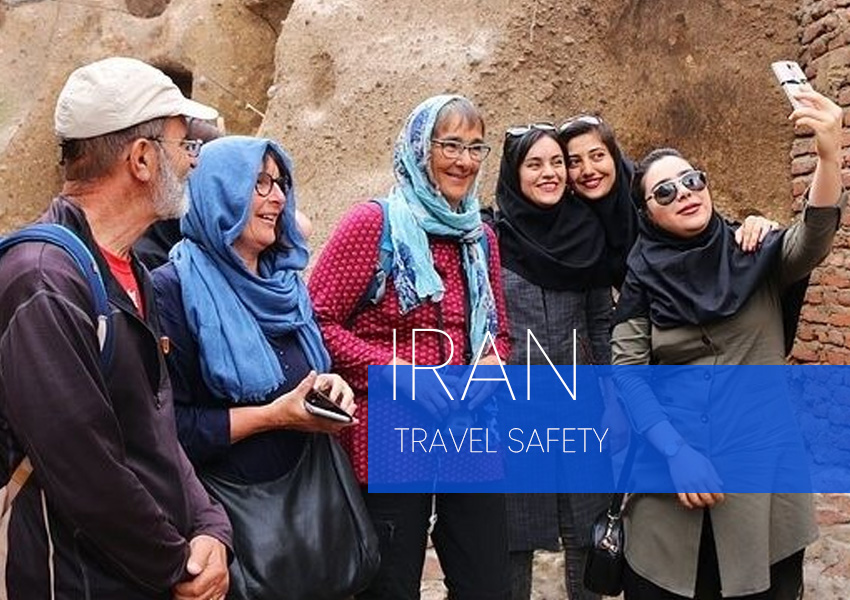
Iran Safety Regulations
Is Iran safe to visit? Actually, Yes, but When considering Iran as your travel destination, it’s essential to prioritize safety. Here are some key Iran safety regulations to keep in mind to ensure a trouble-free trip:
Multiple Passport Copies: Travelers should always have their passports with them. However, as hotels often require passports for police inspection, it’s advisable to carry photocopies of your passport’s face page and your Iranian visa.
Passport Checks: Expect passport checks when entering or leaving towns. If you plan to leave town, take your passport with you and leave a photocopy at your hotel’s reception.
Registration for Longer Stays: If your stay in Iran extends to 10 days or more, it’s wise to register upon arrival, as recommended by western embassies for their nationals.
Photography Caution: Exercise care when taking photographs. Avoid photographing restricted areas or sensitive subjects. If you unintentionally capture a restricted image, remain cooperative with the authorities. Explain that you are a tourist and promptly delete any problematic photos.”
Following these safety regulations will help ensure your visit to Iran is not only enjoyable but also trouble-free.
Travelers ‘ Ideas About Misconceptions of Traveling to Iran In The Media
1- Iran is dangerous!
Iran is unquestionably one of the safest countries we’ve enjoyed visiting. We freely roamed around, even at night, without encountering any issues. It’s remarkable how we use our mobile phones on public transport without worry. This might sound surprising compared to some European countries or cities like Sao Paulo, Brazil, where such liberties can be risky. Our friends typically left their cars unlocked when parked, reflecting the general sense of safety.
However, as with any place worldwide, exercising caution is wise. Knowing your boundaries and where it’s safe to go is crucial. We explored various cities during our month-long stay in Iran, including Tehran, Masouleh, Ramsar, Isfahan, Yazd, Shiraz, Abadan, Shush, Hamedan, and Tabriz. Remarkably, we consistently felt secure and at ease in each of these cities. Iran’s reputation for travel safety certainly held true in our experience.
2 – Iran is not safe for tourists because they are “radical” arab muslims!
The statement is inaccurate in so many ways that it’s challenging to know where to begin. Iranians are not Arabs; they are Persians. This distinction is significant, similar to not equating Irish with British or Brazilians with Argentinians.
The Persian Empire, one of the world’s largest and oldest, had Zoroastrianism as its religion, which significantly influenced other religions, including Judaism, Christianity, and Islam. It wasn’t until the Arab invasion in around 600 AD that they converted to Islam.
The Persians take immense pride in their history and have their own interpretation of Islam, known as Shia Islam. It’s essential to note that this isn’t accurately portrayed in Western media, and it’s not a more extremist form of the religion. Understanding these distinctions is vital for Iran travel safety.
3 – Iranians do not like “Westerns”.
The Iranian people are among the friendliest we’ve ever encountered during our travels. We had the chance to converse with several European and American tourists, and their unanimous praise for Iranian hospitality was striking. Our experience in Iran taught us a valuable lesson: not to generalize. While governments may have their differences, the warmth and hospitality of the Iranian people stood out. We even broached the topic of Israelis despite political tensions between Iran and Israel. Surprisingly, the general sentiment was one of acceptance and a desire for peaceful coexistence, with people emphasizing that the issue lies with governments, not the people. This showcases the safety and friendliness of traveling in Iran.
4 – Iran has a fundamentalist and dictatorial government and I can go to prison.
Unfortunately, there is some truth to this. When travelers ask about Iran travel safety, it can be a complex question to address. However, as a tourist, you should not feel repressed. Like in many other countries, certain rules must be followed, such as the prohibition of alcohol, the requirement for women to wear a scarf, and men to wear trousers, among others. Respecting these rules ensures you won’t encounter any issues. It’s worth noting that it’s the Iranians who bear the brunt of these prohibitions, not the tourists.
5 – It is hard to get a visa to Iran.
When it comes to Iran travel safety, different nationalities have varying visa requirements. Many South American and European nationals, such as Brazilians, Argentinians, Chileans, Portuguese, Italians, and most French citizens, can easily obtain a visa upon arrival (VOA). However, English, Scots, Welsh, and Northern Irish travelers need to apply for a visa in advance. Additionally, visitors from the U.S. must have a guided tour arrangement for their trip to Iran. Understanding these visa rules is an important aspect of ensuring your safety during your travels.
Is Iran safe for tourists in 2024?
Iran is generally safe for tourists in 2024. However, staying updated on the current situation, following travel advisories, and adhering to health and safety guidelines is crucial for a secure visit.
What are the current COVID-19 guidelines for travelers to Iran?
Travelers to Iran are required to follow COVID-19 guidelines, including mask-wearing and social distancing. Keep an eye on updated travel advisories and requirements.
How can I ensure my health and safety while in Iran?
Ensure your health and safety in Iran by staying informed, following local guidelines, and taking necessary health precautions before your journey.
Are there any specific cultural norms I should be aware of when visiting Iran?
Yes, understanding Iranian customs and traditions is essential for a respectful and enjoyable visit. Learn about local etiquette and practices before traveling.
What is the local currency in Iran, and how should I manage my finances while there?
The local currency in Iran is the Iranian Rial. It’s essential to exchange currency wisely and manage your finances to ensure a smooth travel experience.

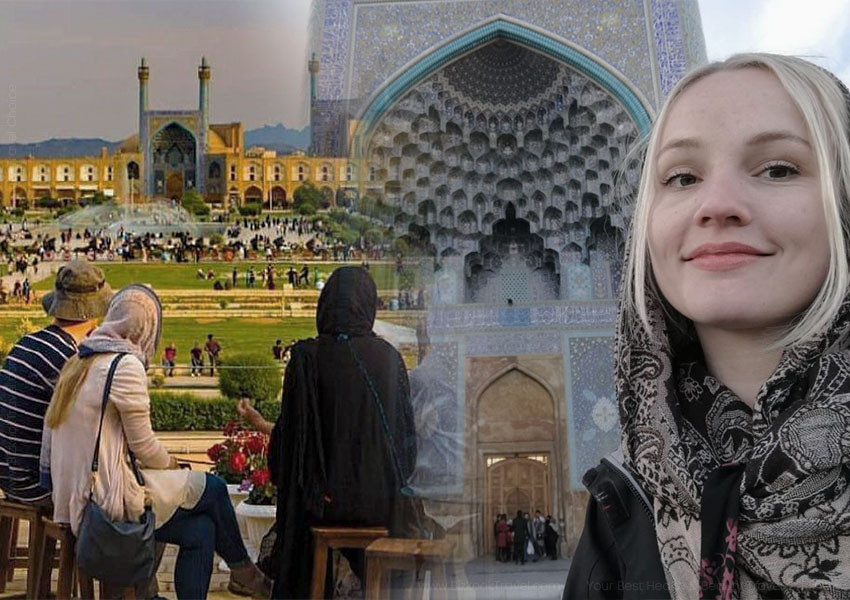





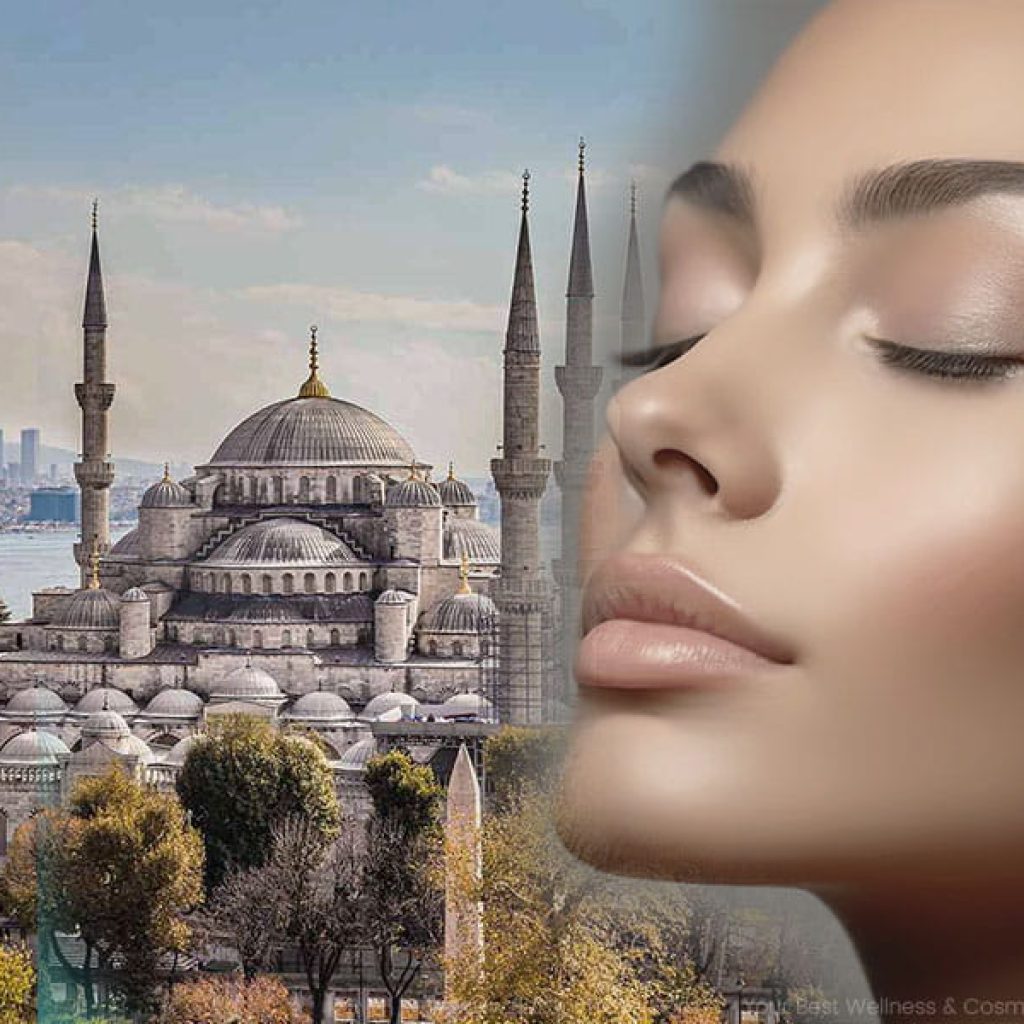


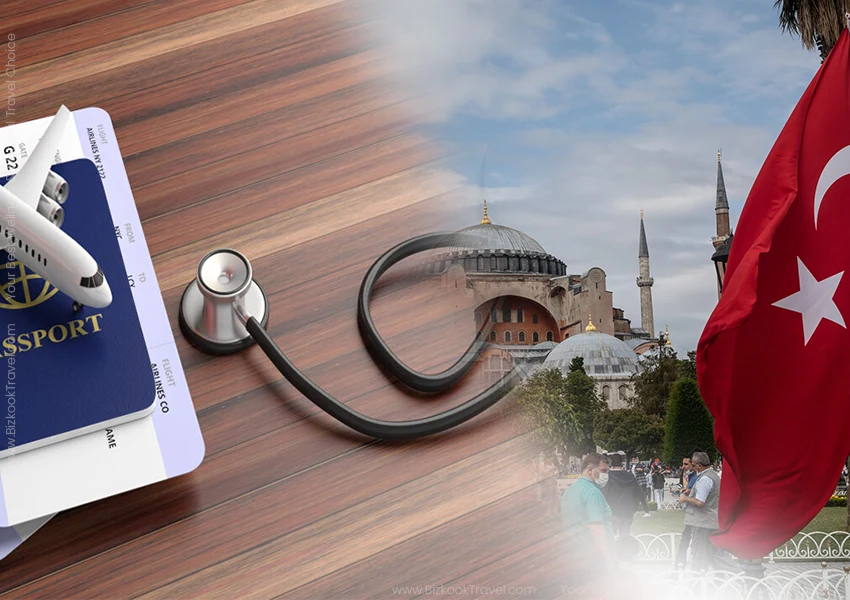

Post Discussion